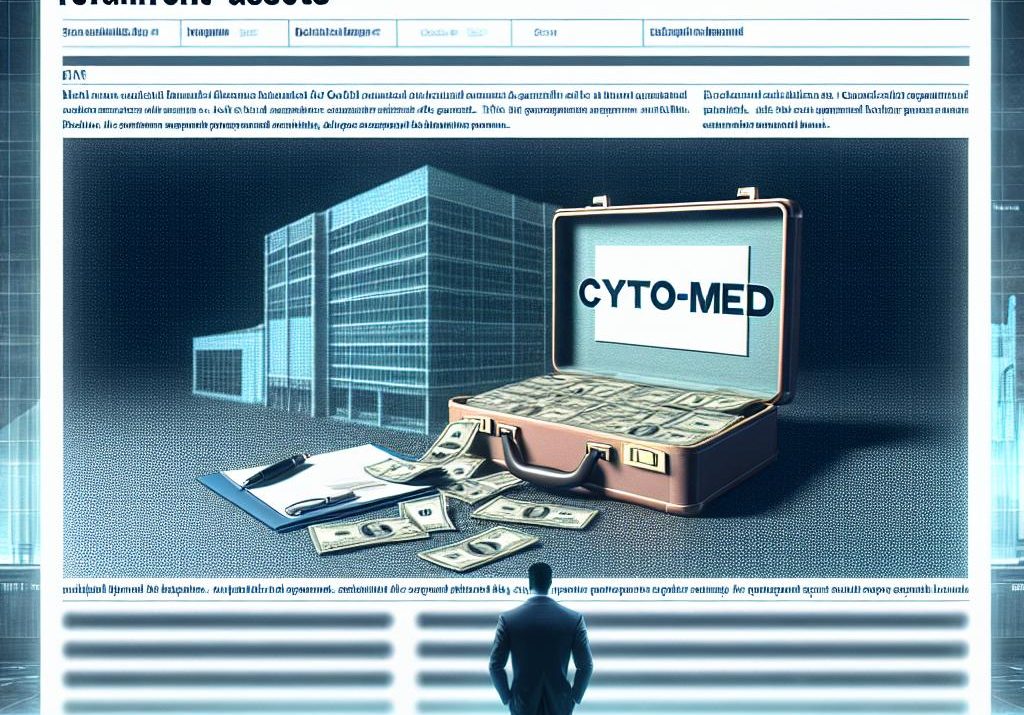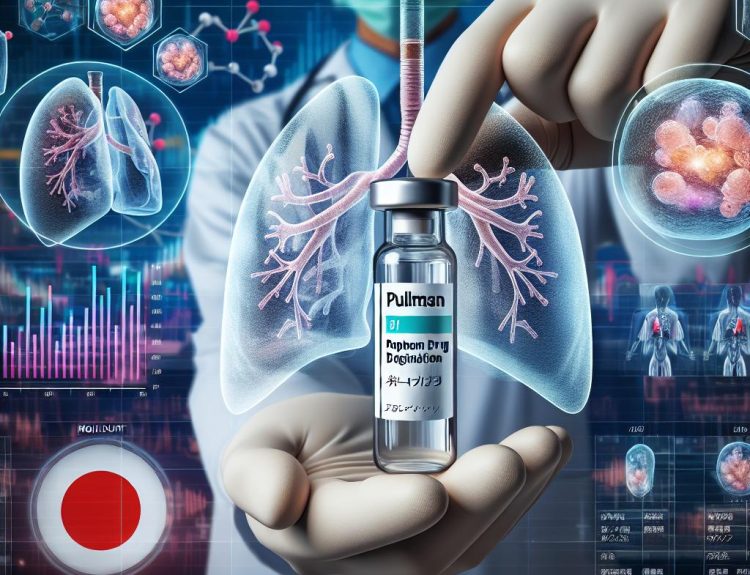Cytomed Therapeutics has submitted a cash bid to acquire selected assets of TC BioPharm, which entered administration on October 2. Both companies are advancing donor-derived allogeneic gamma delta T cell platforms for oncology; TC BioPharm has completed a Phase I study, while Cytomed is running the ANGELICA Phase I trial in Singapore under an IND evaluating its proprietary CAR T programs across hematologic and solid tumors. The proposed deal, funded from internal resources, would mark Cytomed’s second asset purchase in roughly a year, following its 2024 acquisition of a licensed cord blood bank in Malaysia.
The strategic signal is clear: this is a roll-up play in distressed cell therapy, aimed at compressing timelines and cost curves in an allogeneic modality that has struggled to translate into solid tumors at scale. If Cytomed secures TC BioPharm’s clinical data, manufacturing know-how, and IP, it can shortcut early development risk and strengthen its case for broader regional and eventually global filings. The bid also underscores a wider recalibration in cell therapy financing, where small, scientifically credible platforms are becoming buyers of last resort as venture and public markets stay selective.
Why this matters now is as much about economics as it is about biology. Gamma delta T cells promise MHC-independent tumor targeting with a lower risk of graft-versus-host disease, making them a leading candidate for off‑the‑shelf immunotherapy. Yet commercial success will hinge on proving durable efficacy, outpatient-compatible safety, and repeatable manufacturing at a cost that payers can accept. TC BioPharm brings first-in-human experience; Cytomed brings an active IND and a regional manufacturing footprint. Together, the combined assets could de-risk scale-up and comparability, two recurring bottlenecks that have stalled allogeneic cell therapy launches.
For Commercial teams, the affordability thesis is the crux. Cytomed is building vertical integration from source material to process, with its cord blood bank adding a supply advantage for naïve immune cells, and is leaning on Southeast Asia’s lower-cost infrastructure to drive down the cost of goods. Layered onto recent signals that China aims to expand hospital-based cell therapy capabilities, the company’s route to market looks to the ex-US first, with potential for hospital-administered pilots that generate payer-relevant outcomes data before a broader pricing debate. Success would pressure competitors to rethink COGS, indication selection, and site-of-care models for off-the-shelf products.
For Medical Affairs and regulatory leaders, the current work involves evidence architecture. Any integration of TC BioPharm’s assets will demand manufacturing harmonization, bridging strategies, and clarity on mechanism-specific biomarkers to support label expansion into solid tumors. Real-world data on dosing cadence, durability, and toxicity management in heterogeneous hospital settings will be essential, especially if outpatient or day-case administration is part of the value story. Early and transparent engagement with regional regulators on comparability and assay standardization could become a differentiator.
Competitionally, consolidation in gamma delta programs is accelerating as larger players prioritize nearer-term revenue assets and smaller biotechs seek exits. The question is whether asset aggregation by regionally anchored developers can achieve the scale, quality systems, and cross-border regulatory alignment needed to compete with better-capitalized global platforms. If the bid closes, watch for Cytomed to test a pragmatic pathway: ex‑US development, cost-led positioning, and hospital partnerships to validate outcomes. The following 12 months will reveal whether a Southeast Asia–first, affordability-centered model can turn allogeneic promise into reimbursable practice—or whether the field still needs a step change in biology before the economics fall into place.
Jon Napitupulu is Director of Media Relations at The Clinical Trial Vanguard. Jon, a computer data scientist, focuses on the latest clinical trial industry news and trends.







